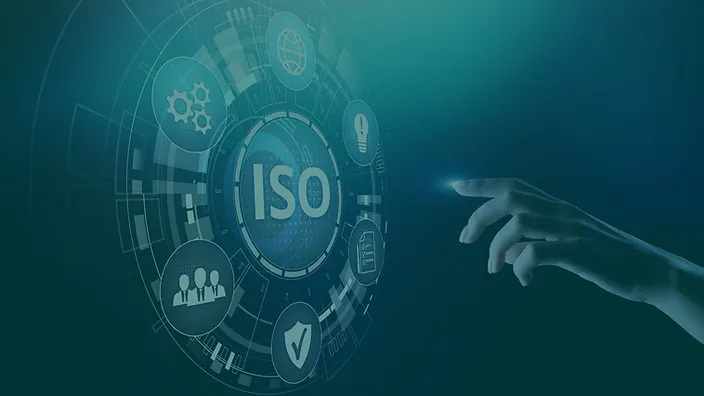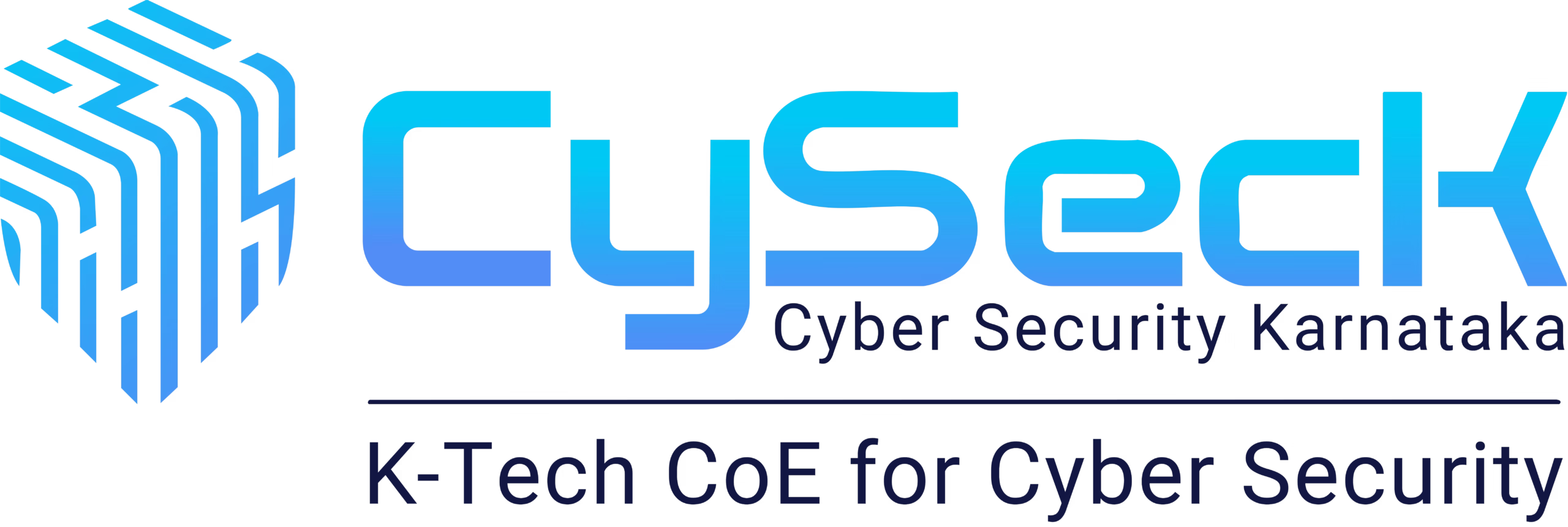ISO Compliance 27001, 9001, 42001, etc
ISO 27001 is centered on information security management, providing a framework for managing sensitive company information and ensuring its confidentiality, integrity, and availability.
ISO 9001 focuses on quality management systems, helping organizations ensure they meet customer and regulatory requirements while aiming for continuous improvement.
ISO 42001 and ISO/IEC 23053 offer a framework for developing and deploying AI systems, ensuring they are reliable, ethical, and secure. It emphasizes the importance of transparency, accountability, and the mitigation of biases in AI algorithms. The standard helps organizations implement best practices in AI development, addressing risks and promoting trust in AI technologies.
SOC Type 2 Compliance
Service Organization Control Type 2 was introduced by AICPA (American Institute of CPAs) in 2013. It is a method for guaranteeing that service providers safely manage your data to protect your company’s interests and its clients’ privacy. SOC 2 is constructed around five principles to secure consumer data: security, confidentiality, availability, integrity, and privacy. SOC 2 applies to technology-based SaaS companies as well as third-party vendors and other partners who must adhere to these standards to assure the data’s integrity.
SOC 2 Type 1 – A SOC 2 Type 1 report evaluates the design and implementation of an organization’s controls at a specific point in time. It provides a snapshot of the organization’s system and the suitability of the design of its controls as of a particular date.
SOC 2 Type 2 – A SOC 2 Type 2 report provides a comprehensive evaluation of the effectiveness of an organization’s controls over a specified period (usually six months to a year). This type of report assesses both the design and operating effectiveness of the controls.
PCI-DSS Compliance
The Payment Card Industry Data Security Standard (PCI DSS) is a comprehensive set of requirements designed to ensure the security of cardholder data. Established in 2004, PCI DSS aims to enhance the protection of sensitive authentication data (SAD) within the cardholder data environment (CDE). PCI DSS compliance is mandatory for all organizations that store, process, or transmit cardholder data.
However, even organizations that do not directly handle cardholder data may need to comply with PCI DSS if they interact with entities that do. This requirement ensures that the entire payment card ecosystem maintains high security standards to protect sensitive information.
Any organization that stores, processes, or transmits cardholder data must adhere to PCI DSS requirements to maintain the security and integrity of this information. Compliance involves implementing robust security measures, including secure network configurations, access controls, regular monitoring and testing, and maintaining an information security policy.
GDPR Compliance
The General Data Protection Regulation (GDPR) 2016/679 governs data protection and privacy in the European Union and the European Economic Area. The goal is to enable the safe and open flow of data across EU borders, as well as to safeguard all EU citizens from data breaches and privacy violations.
The GDPR aims to provide citizens and residents more control over their personal data while also simplifying the regulatory environment for international business by consolidating EU regulations. The GDPR broadens the scope of EU data protection legislation to include all international enterprises that process personal data of EU citizens. GDPR involves the following – The Right to be forgotten, Personal Data, Privacy by Design and Default, User Explicit Consent, Data Breach Notification.






